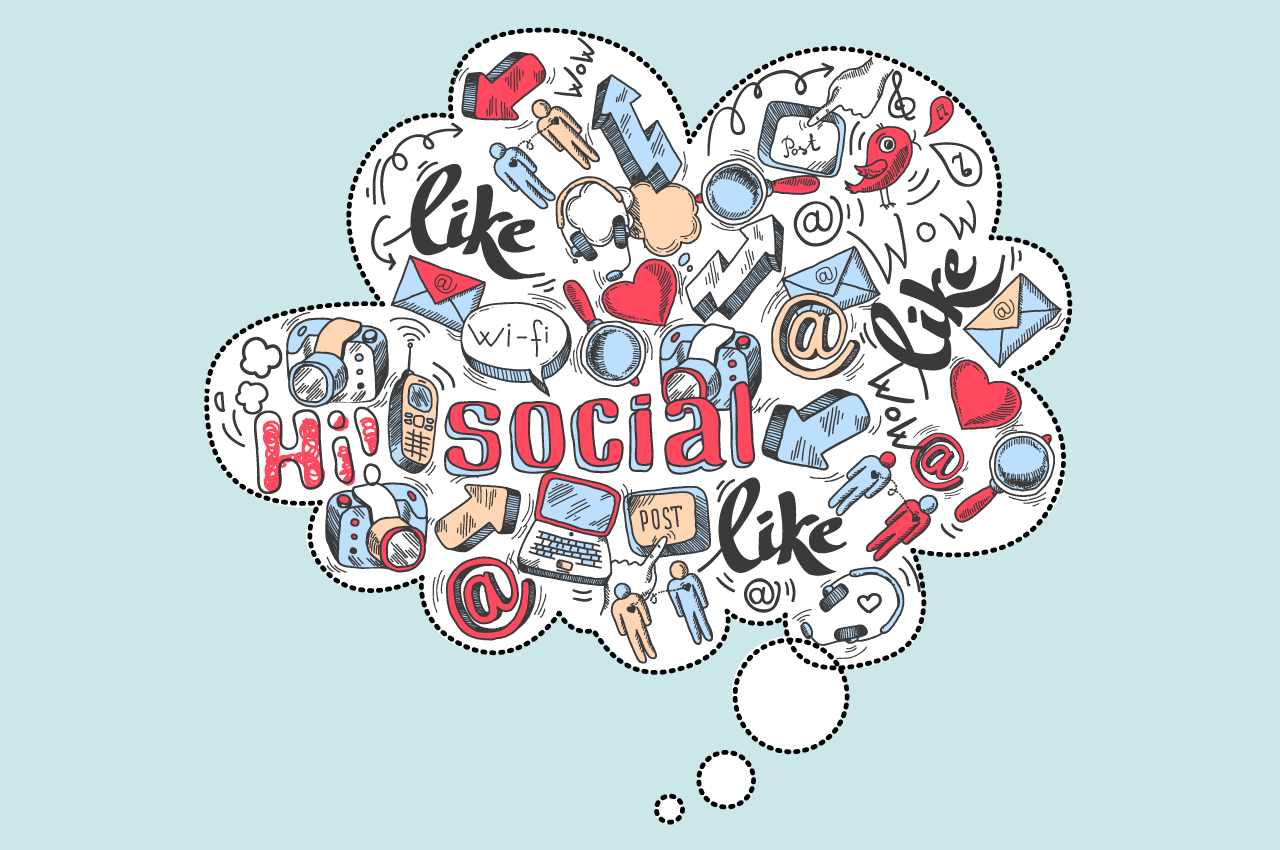Are we truly free? We would like to think so, but the reality is that our minds are being held captive in the digital world. This Freedom Day, let’s focus on liberating ourselves from our social media addiction.
Ping! Your screen lights up. A social media update has landed. You’re nose to the grindstone, but a quick peek won’t hurt. Before you know it, you’ve read posts galore, scattered comments and emojis like confetti, and seen hundreds of ads for things you don’t need but now, inexplicably, yearn for. You’re struggling to refocus, plagued with scattered thoughts and a sense of dissatisfaction. Never again, you swear… until the next time you tumble down that social media rabbit hole.
Hopelessly addicted to you
The fact is, these platforms are designed to keep drawing us in. Companies invest heavily in their ability to influence and manipulate us, pushing us to spend and behave a certain way through persuasive technology. With every like, every emoji, every comment you receive, your brain’s reward centres are being triggered through bursts of dopamine (the feel-good hormone).
And that’s what keeps us coming back over and over until we’re completely hooked. As psychiatrist Dr Anna Lembke, author of Dopamine Nation, says, “The smartphone has become the modern-day hypodermic needle, delivering digital dopamine for a wired generation… If you haven’t met your drug of choice yet, it’s coming to a website near you.”
But that’s not the only danger. Social media manipulation lies behind the spread of dangerous misinformation, cyberbullying and even crime. We’re always served up more of what we’re interested in, creating an echo chamber and discouraging diverse thought.
Moreover, increased use isolates us, both because we’re spending more time on social media and because it provides a false sense of connection. At the same time, it separates us from the vitalising experience of real social interaction – something which the pandemic showed has devastating fallout from a psychosocial perspective. Young people are particularly vulnerable because their brains are still developing, and there is a scarily strong link between increased social media use in the youth and suicide.
It’s past time to break free. Here’s how to get started.
Ditch the apps
You knew this was coming, right? It’s hard, but removing the apps means you must consciously go online and seek out sites (instead of mindlessly tapping push notifications). It also stops tempting alerts. For youngsters, try a parental control app like Qustodio and check out the Centre for Humane Technology’s useful youth toolkits.
Out of sight, out of mind
If removing the apps feels too eina, temporarily disable notifications or switch on ‘Do not disturb’ mode. You could also try a social media-limiting app like Freedom to limit usage and block distracting apps and notifications.
Mind the gap
Research published in the Journal of Consumer Behaviour suggests that it’s important to replace the absence of social media with something else. Try things like quick crossword puzzles, making a cuppa, or a brisk walk. Being proactive improves your chance of success, so make a list of alternatives and dip into it the moment you get the itch to click.
Keep them separated
We use our devices for everything – alarms, shopping, news, appointments, round-the-clock work. As a result, we look at them constantly, making it oh-so-easy to “just quickly check” that feed. Go old school with an alarm clock, wall calendar, reputable local newspaper, and keeping work limited to your computer. Set times when you’re not contactable, for example, after 6PM, during dinner or before breakfast.
Fight the system
Combat the manipulation by checking facts with sites like Snopes, and not sharing anything until you’ve verified it. Carefully curate what you follow (think inspiring, not inflammatory), and include different viewpoints for a balanced perspective.
By being sensible, you can reap the many advantages social media does offer without allowing it to take over your life. Reclaim your independence – as Bob Marley sang, “None but ourselves can free our minds.”



